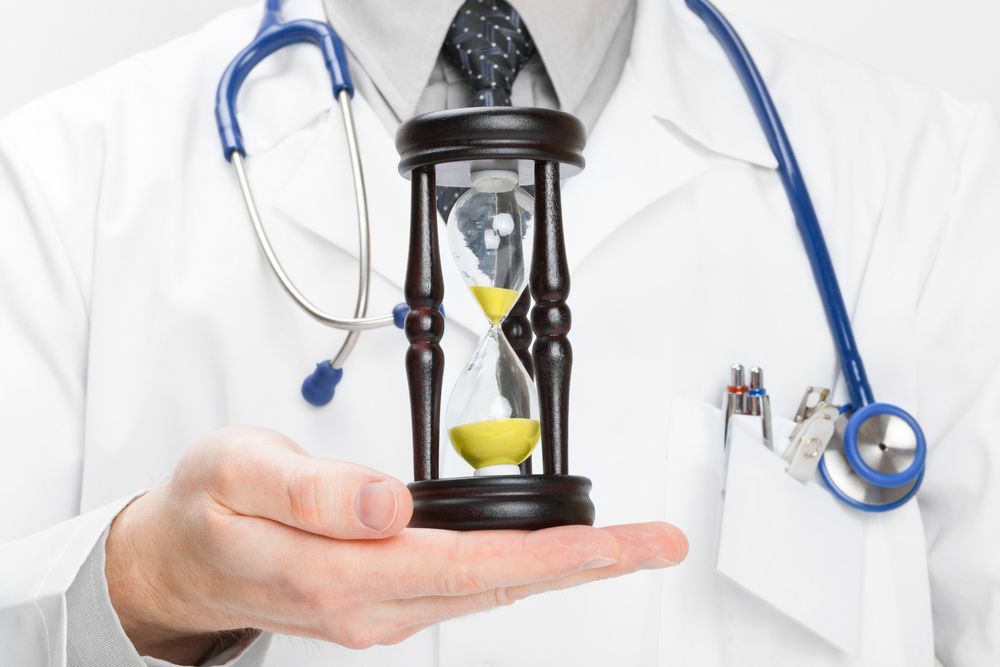Acute disease is a term used to refer to illnesses that onset very quickly but typically result in a nearly full recovery within one month. Acute diseases often produce symptoms that are severe, such as high fever, pain, and complications of various systems and organs within the body, such as the respiratory system, digestive system, skin, eyes, liver, kidneys, and bladder. Examples of acute diseases include broken bones, viruses like the flu and rotavirus, and infections like pink eye and urinary tract infections. Sometimes acute diseases can be severe and require emergency medical attention. Examples include pneumonia, appendicitis, acute pancreatitis, acute liver failure, and acute renal failure.
Did you know?The common cold isn’t called common for no reason. Did you know that the National Institutes of Health estimate that the common cold is the most common acute illness in America? Though it is impossible to know for sure how many colds plague Americans every year, current estimates put the number at about 1 billion. With a population of 314 million, that’s an annual average of three colds per person! |
Frequently Asked Questions
Do I need to see a doctor for all acute diseases and conditions?
Not necessarily. Many minor acute conditions – such as allergies, the common cold and PMS – are manageable with over the counter medications. However, any disease, infection or sudden onset of serious symptoms like high fever warrants a visit to a doctor as soon as possible. Even seemingly harmless symptoms should be evaluated if they persist or worsen. Failure to treat some acute diseases can result in life-threatening conditions, such as sepsis, organ failure, and death.
What should I expect during a acute disease doctor’s visit?
The primary goal of your doctor’s visit will be to diagnose your illness and initiate a plan for treatment. Most acute diseases respond well to treatments and therapies, but the extent of your treatment will depend on the severity of your disease. Your treatment plan could be as simple as prescribing an antibiotic for strep throat, or it could be as intensive as admitting you to the hospital for an emergency appendectomy.
Will I need to follow any special instructions following my appointment?
Probably. If you are sent home after your appointment, you may be instructed to get plenty of rest and drink plenty of fluids. You may also need to follow specific directions for storing and taking medications or returning to work. Your doctor will discuss your post-visit care and answer any questions you may have about it during your appointment.


